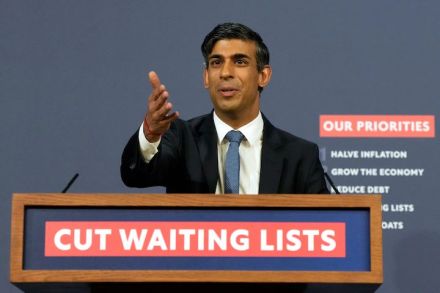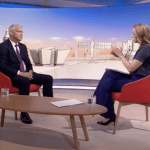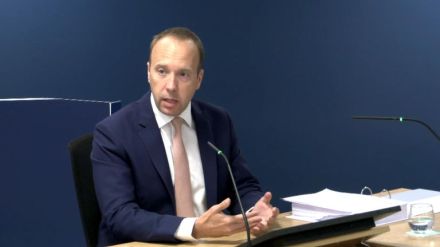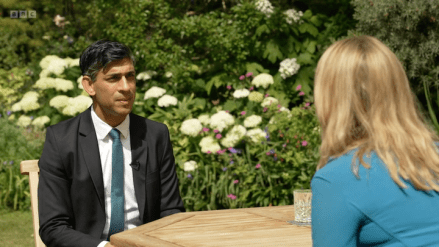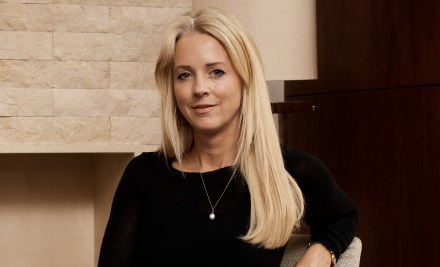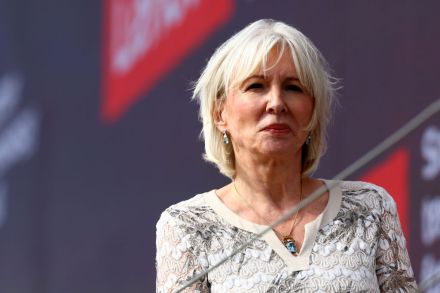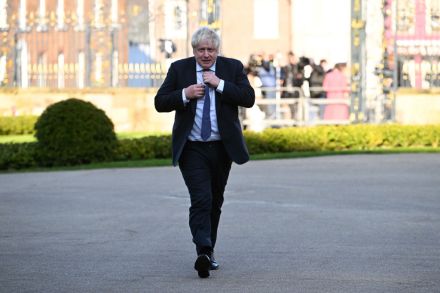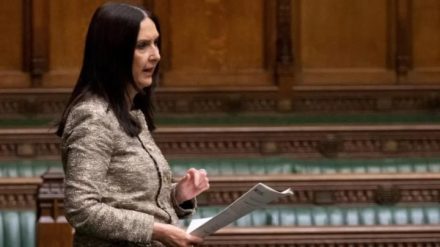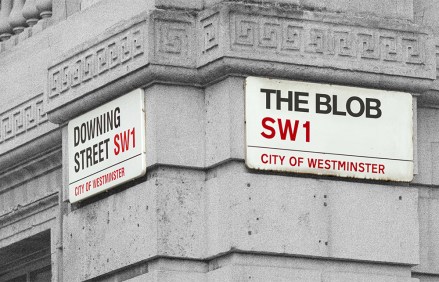Rishi Sunak needs to turn his attention to mental health
Will the government meet its NHS target? Health Secretary Steve Barclay was asked about this when he did the broadcast round this morning, arguing that even though there were record waiting numbers, the government had successfully reduced the longest waits. But as Fraser wrote this week in his Telegraph column, Rishi Sunak is having to face up to the chance that he might miss this (and most of his other) five ‘priorities’ which he said the British people should judge him against at the next election. But voters might be paying a little less attention to another area of care where things are visibly going backwards: mental health. When I
